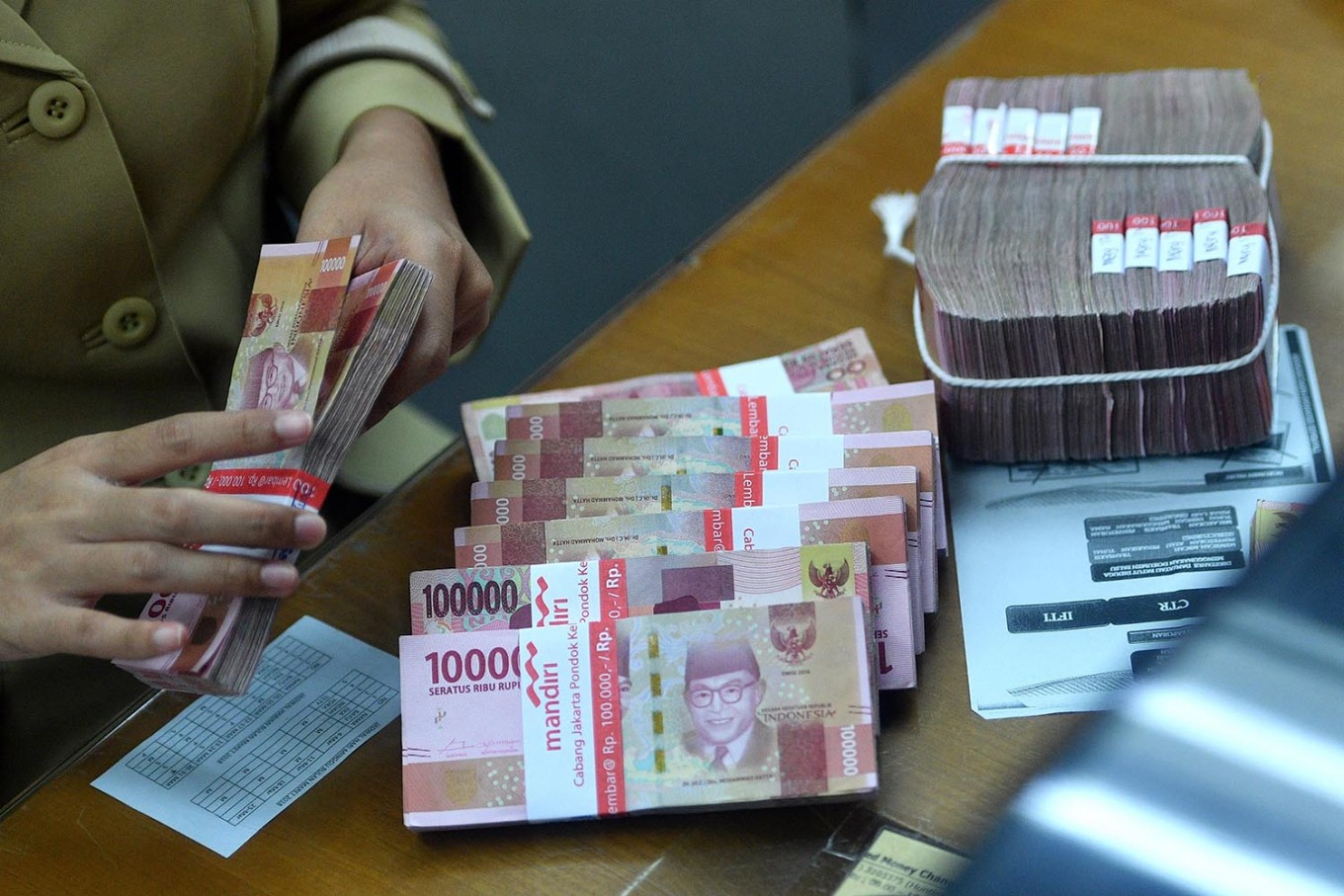Popular Reads
Top Results
Can't find what you're looking for?
View all search resultsPopular Reads
Top Results
Can't find what you're looking for?
View all search resultsRupiah regains most volatile crown
Change text size
Gift Premium Articles
to Anyone
Indonesia’s rupiah has regained the crown of being Asia’s most volatile currency.
Concern about the nation’s widening current-account deficit has focused attention on the currency amid a global selloff in emerging markets. A gauge of the rupiah’s swings over the past three months has surpassed those of South Korea’s won, ending a period of relative calm that started in 2017 when central bank measures crimped its trading range.
“The factors that have been weighing on the currency, which are very externally-led, aren’t going to go away quickly,” said Mitul Kotecha, a senior currency strategist at TD Securities in Singapore. “To a large extent, it reflects the current-account vulnerability.”
Three-month implied volatility for the dollar-rupiah currency pair climbed as high as 9.25 last week, the most since February 2017. It was as low as 4.60 in September.
Indonesia’s current-account deficit swelled to US$8 billion last quarter from $5.7 billion in the previous three months, according to central bank data published this month. The rupiah tends to be relatively vulnerable to any selloff in emerging markets due to the high foreign ownership of the nation’s bonds.
Indonesia’s currency has dropped 7 percent this year, the worst performer after India’s rupee, and slid to 14,651 per dollar last week, the lowest since October 2015. The rupiah will slide to 14,750 by year-end, TD Securities’s Kotecha predicts.










